Installing new windows can be expensive. Utilizing our window buying guide can help you identify new windows near you. Windows for new construction are made to be hung directly on the wall studs of a home, instead of having to be attached with an interlocking frame. In addition to contractors who are starting from scratch, they also work on remodeling projects where new windows need to be attached to the walls and the studs exposed. Replacing your old window frames with replacement windows is a customized solution.
It is important to understand the differences between styles, materials, and operational designs of each window before making a purchase, whether you are adding on to your home, building a new home, or simply replacing the windows in your country home. Buying windows online is the best way to find out what’s right for you. It is important to consider where you live, your home’s architectural design, and how the windows will function to make your life easier when choosing windows for your home.
The selections for replacement and new construction windows can seem overwhelming, with many options available concerning style and design. This guide will give you all the information you need to know in order to make an informed window purchase. Here are some tips on how to choose your windows, budget for your window purchase, finance your window purchase, select the right design and materials, find a reliable contractor, and maintain the quality of your windows.
Getting the Best Value for Your Window Purchase
The price of a new window is determined by many factors. A window’s exact cost depends on various factors, including the brand, the quality, and the material used.
In general, a vinyl window will cost around $450 to $500. Window frames with wooden frames are more expensive than those with vinyl frames, ranging between $800 and $1,000 for a single window.
Getting estimates will be your best bet for determining an exact price point; however, you can draw up a rough budget based on the average prices above. You may need to add between $50 and $100 to the cost of windows you wish to purchase for installation.
You can finance the purchase of your windows
We’ll say you have ten windows in your home, even though likely there are more. Let’s say you choose a moderately priced model for each window, which will cost $550. If you add $100 for installation and multiply your total by ten, you will spend around $6500 to replace the windows in your home. If paying cash isn’t possible, credit cards or home equity lines of credit can be used to finance the project. Otherwise, save up and focus on paying cash for the new windows.
Credit Cards
Applying for a credit card with an introductory zero interest rate is a way to finance the cost of new windows for your home. It is a good idea to figure out how you will be able to pay off your account before the introductory rate ends if you wish to avoid paying the full interest on the original balance.
An HELOC is a line of credit available to home owners.
A home equity loan can also help you finance the cost of installing new windows in your house. You cannot use a home equity line of credit for anything but home improvements or medical bills. It’s typically a sizable loan you cannot use for anything else. The window purchasing guide suggests that offseting immediate costs in this way is a great idea.
The Different Types of Windows
The many kinds of windows throughout the home vary greatly, with each serving a distinct purpose. Understanding your own preferences for windows and how you want them to function within your home will be crucial to selecting the best ones for your home. To better understand the most common window types available, keep reading.
Double-Hung Windows
There are two separate sashes in the double hung windows and they’re hung vertically. Both sashes move up and down to allow fresh air into the home, with the bottom one moving upwards and the top moving downwards. Many double-hung window brands feature sashes that tilt inwards, making it more convenient to clean the exterior panes.
Single Hung Windows
A single hung window is made up of a pair of sashes that are hung vertically. Different from double-hung windows, the bottom sash is only functional, moving upwards to open the window. In many cases, manufacturers design the operational sash of their single-hung windows to tilt inwards so that the exterior pane of the windows can be easily cleaned.
Tilt-Out Windows
The casement window, the awning window and the hopper window are all tilt-out windows. Opened outwards, these windows typically use a handle to make it easier to open or close them and lock them in place. On one side of the window, there is a hinge, and the opposite side opens outward. Windows with awnings open outwards at the bottom and have a hinge along the top. An hopper window is hinged along its bottom and opens outwards along its top.
Sliding Windows
Windows that slide have three or more sashes fixed horizontally. Different brands of windows have different operational designs. The interior sash of some sliding windows is stationary while the exterior sashes move vertically to open the window. The sliding windows can feature anywhere from two to three sashes.
Bay and Bow Windows
In addition to adding architectural interest to a home, bay and bow windows are also commonly used as part of their design. Bay windows extend outward from the exterior of a building with three sharp angles, making them appear larger. A bow window is made up of multiple windows with the same shape that surround each other in a slight curve, extending outwards into the landscape.
What Types of Window Materials Are There?
Homeowners generally have a choice from four types of materials for windows in their homes. Vinyl, wood, fiberglass, and aluminum windows can be used in new construction and replacement windows. Find out more about the different window materials available by reading further.
Vinyl Windows
A popular type of window is made of vinyl due to its durability and affordability. They are extremely energy efficient and weather resistant, and require very little upkeep over the life of a window. While Vinyl windows have a number of positive characteristics, there is one drawback—they aren’t thought to be very aesthetically pleasing.
Wood Windows
Many top window buying guides recommend wood windows because of their natural beauty and elegance; they bring natural beauty and elegance to any home. Warm air or cold air cannot leave or enter a wood-framed home naturally, because wood is an insulating material. A wood window usually costs more than a vinyl window, and it also requires regular maintenance to maintain the original quality.
Aluminum Windows
Aluminum windows have been losing their popularity steadily, but in some cases they may still be a good choice. Because aluminum is very strong, it’s possible to make frames with thin walls and large glass panels. Aluminium has the disadvantage of not absorbing noise very well, and not withstanding extreme weather changes.
Fiberglass Windows
Only a small percentage of windows on the market are made of fiberglass, and windows made from fiberglass are relatively new to the industry. Nevertheless, they are becoming even more popular due to their durability and weather resistance, which works just as well as vinyl.
Understanding the different types of glass
There are many different glass options available between brands. The glass options offered by some brands provide additional security or energy efficiency. Location plays a large part in determining what kind of glass you should select for your windows. The extra energy efficiency you may need if you live in a region with extreme temperatures is not needed if you live in a particularly moderate climate. Living in a noisy environment may force you to search for a window with added noise protection. You can easily find an impact resistant glass in your region if you’re worried about hurricanes or other extreme weather.
From brand to brand, Low-E Coating and Triple/Double Glazing are two terms that are commonly used. The double-glazed window has a thin layer of air between the two panes and the triple-glazed window has a thick layer between the three glass panes. The feature makes a window more energy-efficient and it improves its sound insulation. Low-E Coating protects the windows from sunlight heating the room, making them more energy efficient.
Install your windows with a professional
To make the right decision when it comes to replacing or building new windows, you need to choose a reputable contractor. If your windows aren’t installed correctly, they can affect the energy efficiency of your home and the durability of your windows. A contractor’s work history, certifications, guarantees, and warranties are all things that need to be considered before hiring them.
Past Work Experience
Ask friends and family who have had their windows installed by a local contractor for recommendations. It is probably the most effective way to locate a good contractor. For further information about contractors in your area, you can visit review websites like Google reviews.
A Certified Contractor is the best choice
A lot of the time, window manufacturers have a list of local contractors that they certify to install their product. In either case, they will tend to offer a guarantee for the work either by an in-house installer or a local contractor. Knowing that your window manufacturer has a relationship with reliable contractors near you can make finding one in your area easier.
Verifying the Warranties & Guarantees
When making a major investment like replacing your windows, you will want to make sure you choose products that are backed by the manufacturer and the installer. If windows are faulty or damaged, we have two ways for you to protect yourself. The warranty protects the products themselves, typically sending the product for repair or replacement at no cost to the buyer if there is a manufacturing defect. In addition to covering the installation itself, the guarantee must assure repair or replacement if damage occurs under the installer’s fault.
It’s important to get it on paper.
You should not overlook the importance of working with a contractor who is willing to put everything down in writing. Contracts should outline what work is to be performed, the services to be performed, the products to be provided, and the timeline for completion. It helps keep expectations in check and ensure that there is no miscommunication between the homeowner and the contractor when all of these details are available in writing. It is a good idea to write down all planned home improvement projects.
Window Maintenance
Regular maintenance is minimal for high-quality windows. A fiberglass window and a vinyl window require virtually no maintenance, since the frame’s color is often carried throughout rather than just the surface, which makes them resistant to fading and chips. It is necessary to paint or stain wood windows regularly to preserve the color.
In addition to the appearance of your windows, you also want to make sure they are functioning properly. You should also check your windows for signs of air leaks, condensation, or difficulty opening or closing on a yearly basis. You should have this resolve immediately, as it will further damage your windows if it remains unfixed. Having read our window buying guide, you should have great confidence and ease when it comes time to buy new windows.
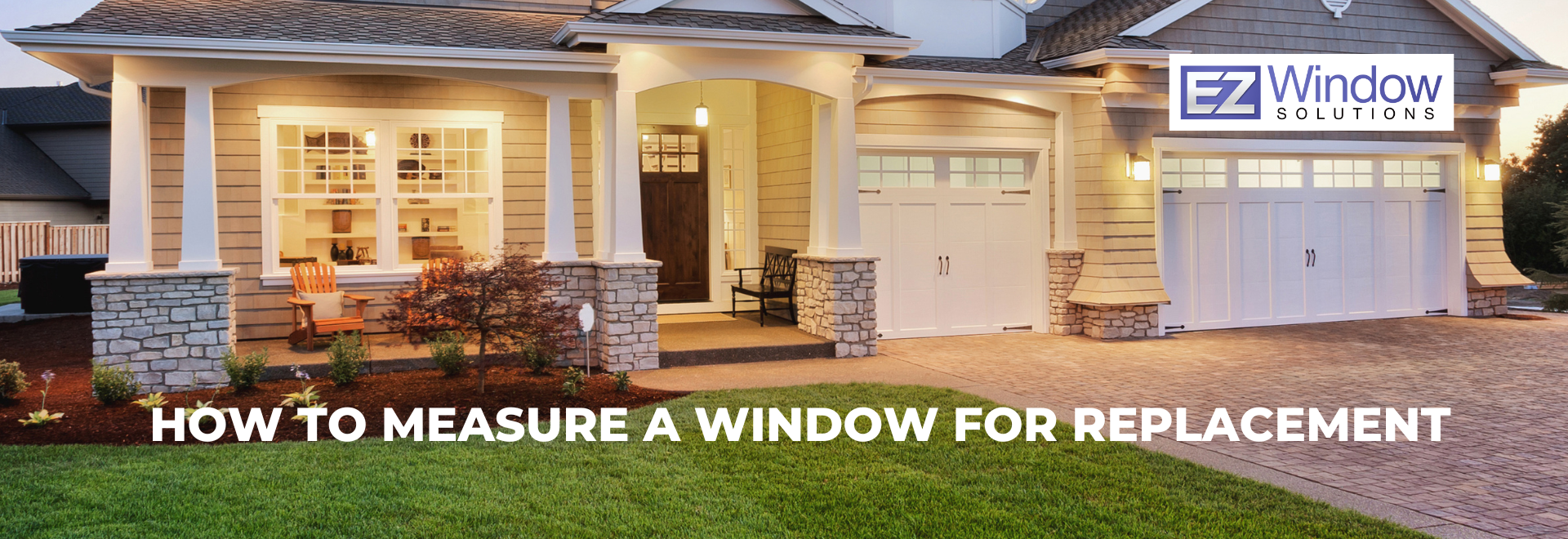

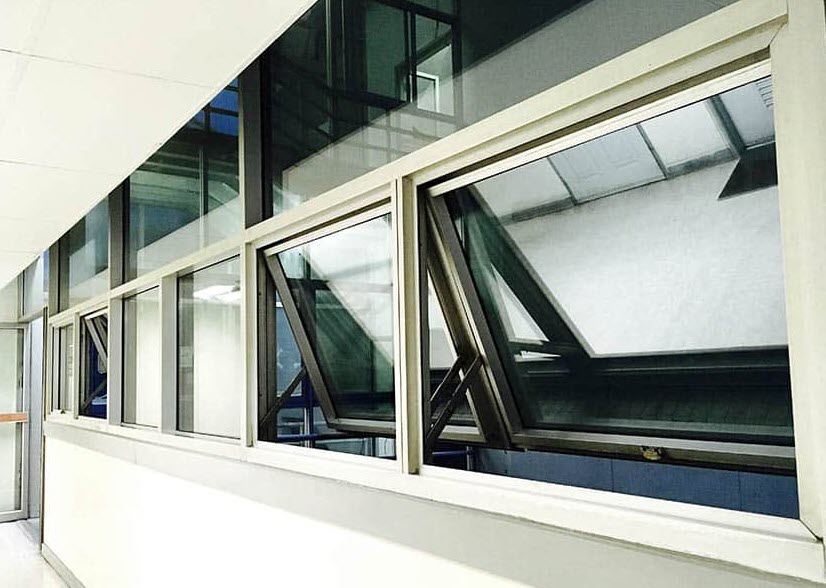


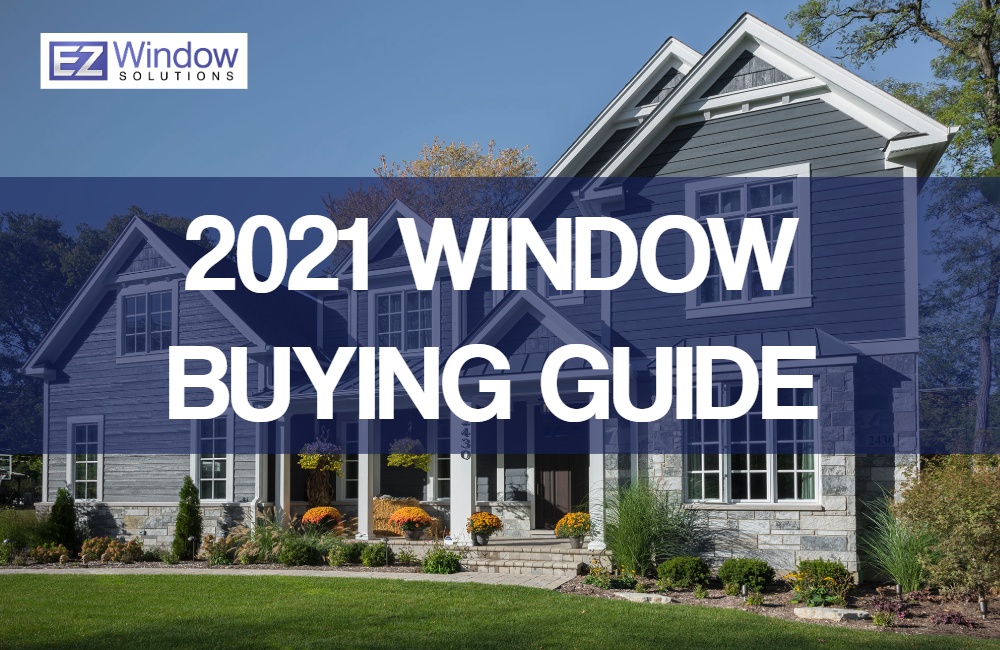
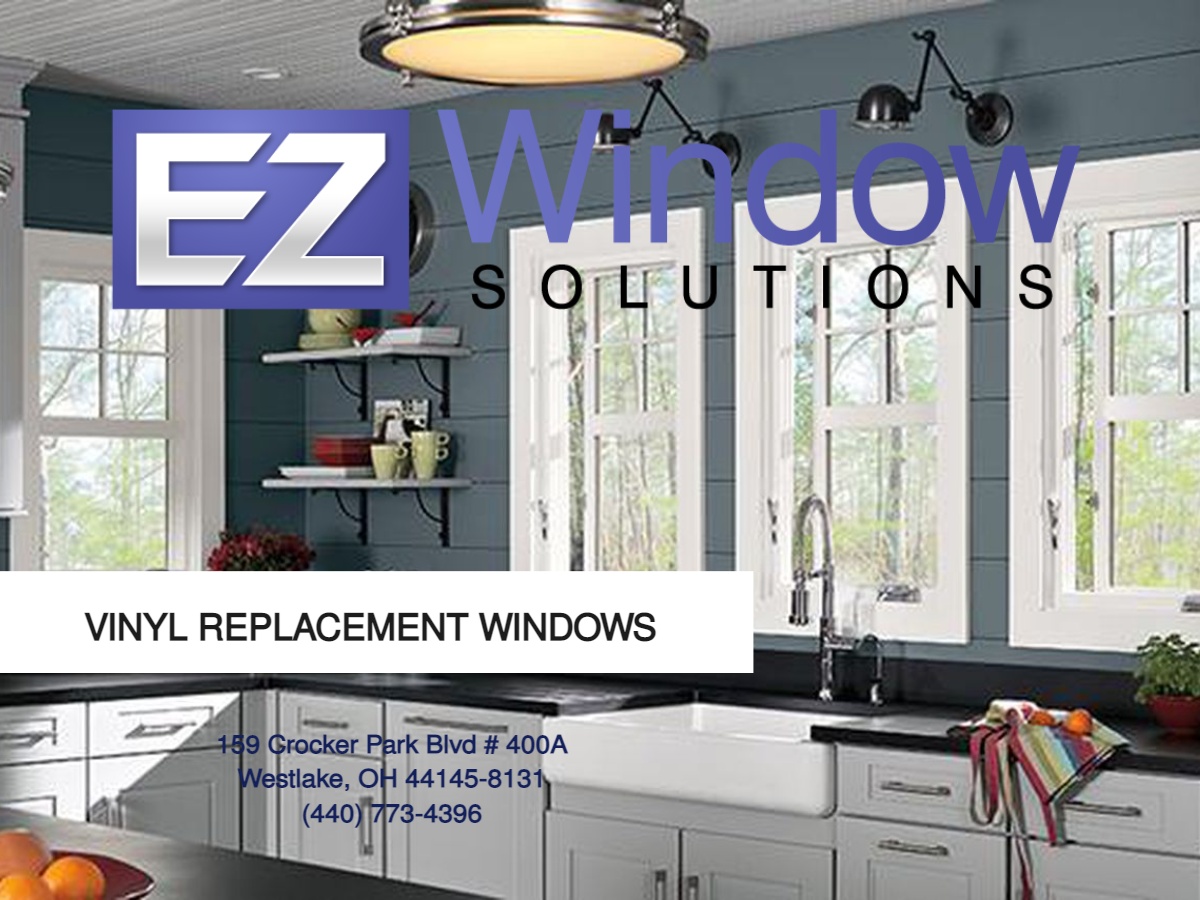
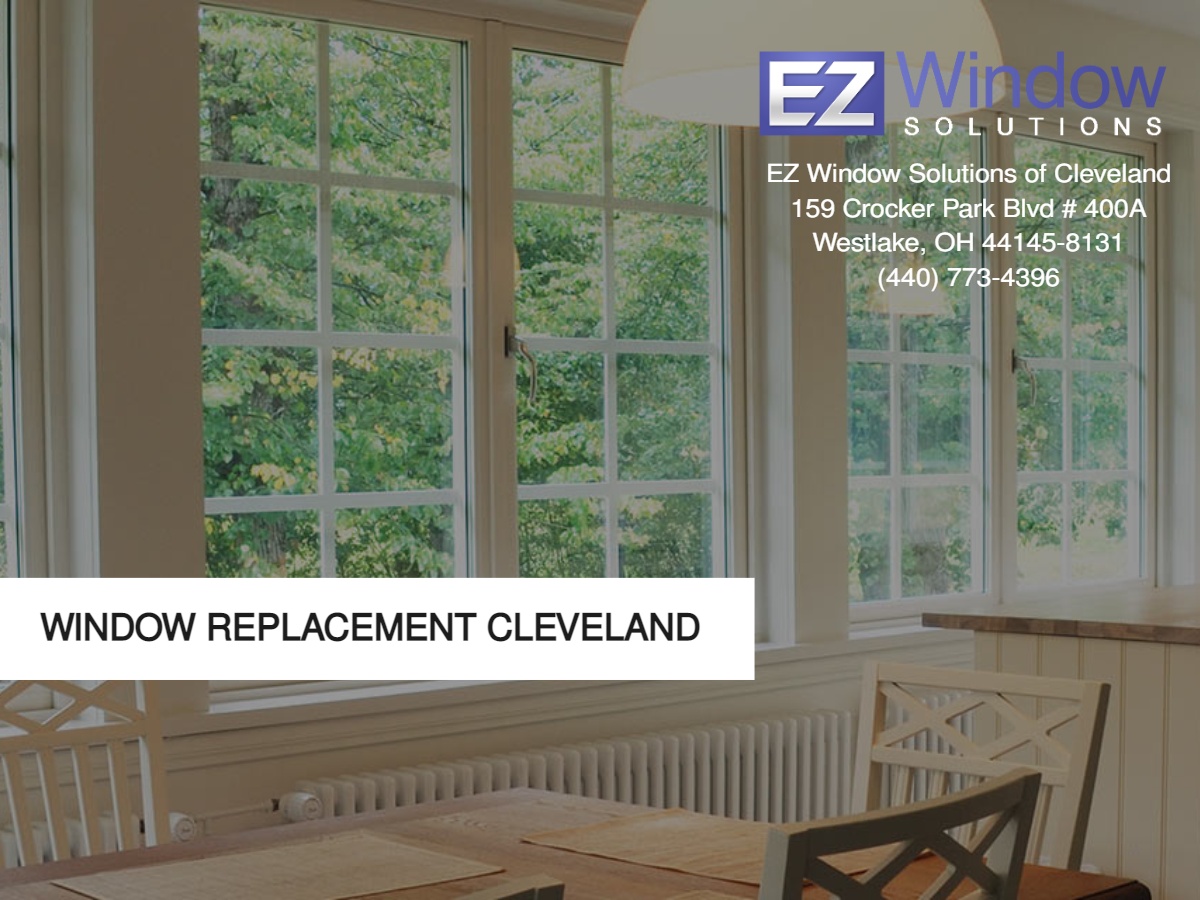




Recent Comments